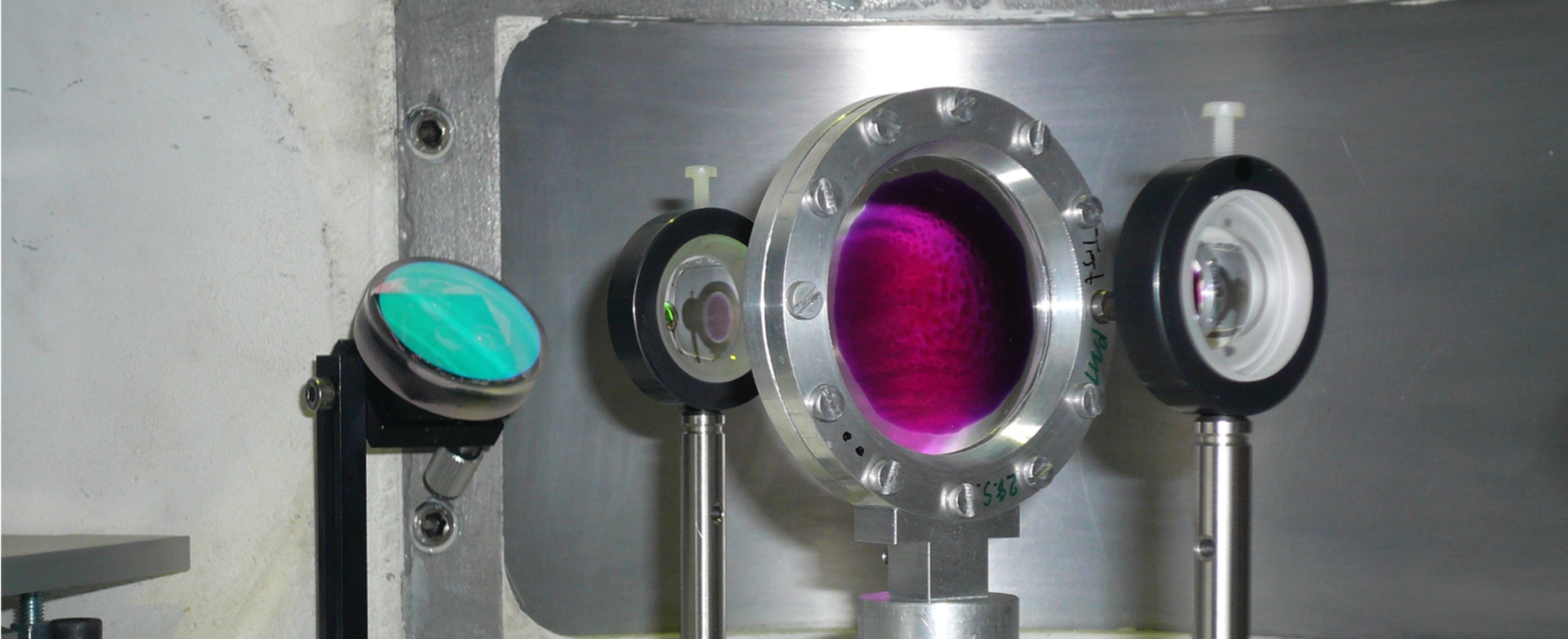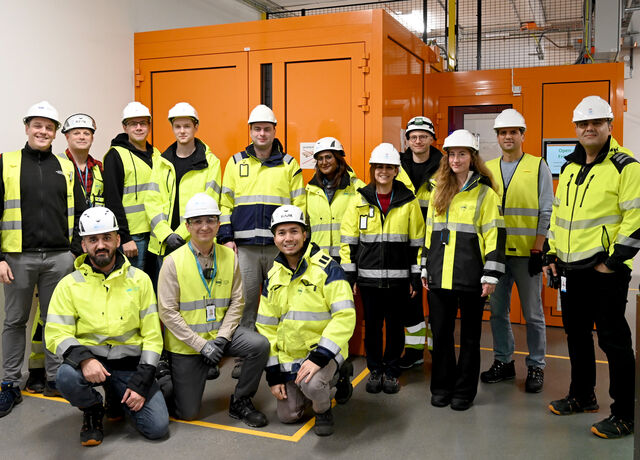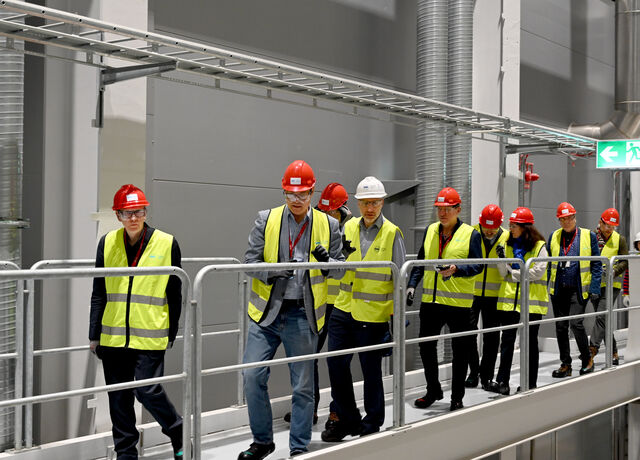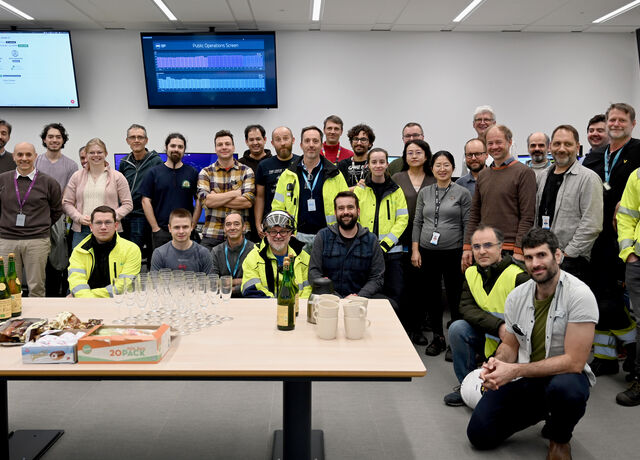Sample Environment Systems for Fluids Including Gases, Liquids and Complex Fluids (FLUCO)

The FLUCO platform will provide sample environment for fluids (including gases, vapour and complex fluids) in neutron scattering experiments in soft matter and life science at ESS.
Fluid samples can come in many forms and phases, and controlling and manipulating the sample is at the heart of most neutron scattering experiments. We are developing sample environment systems to enable experiments on a broad range of samples and with extensive parameter control.
Possible samples we anticipate include the following:
- Polymers, melts/solutions
- Liquid crystals
- Gels
- Colloids, colloidal suspensions
- Elastomers
- Tensides, microemulsions
- Membranes, semipermeable membranes (such as biological and fuel-cell membranes)
- Liquids, mixtures
- Biological matter (including lipids and proteins)
- Fuel cells, batteries
- Amorphous matter (including foams and aerogels)
Parameters we anticipate will be of interest include the following:
- Temperature, spanning the approximate range of 223K - 473K
- Relative humidity, using H2O, D2O or slovents, including organic solvents
- Physical forces, including shear, torque, and stretch
- Viscosity, including dynamic and kinematic, and fluidity
- Friction
- Small magnetic fields, up to 1T. For high magnetic fields, please see the Temperatures and Fields platform
- Electrical properties, including potentiostat measurements
Engineering Materials, Geosciences, Archeology & Heritage Conservation
In situ, in operando and non-destructive probing with neutrons.
Chemistry of Materials, Magnetic & Electronic Phenomena
Some of the most exciting discoveries in a generation are being made with neutron science.
Life Science & Soft Condensed Matter
ESS will enable some areas of life science, medical and pharmacological research to investigate with neutrons for the first time.
Particle Physics
A fundamental part of ESS. The Standard Model is not what it used to be.
We have a temperature/magnetic fields/pressure workshop where equipment can be tested and integrated.
In addition, we are working to establish workshops providing soft-matter cells and rheology, additional lab methods, and equipment for a variety of sample preparations.
A number of front-edge solutions are readily available on the market, and we will make use of these.
They include ”neutron friendly” gas, vapour, liquid cells, rotating cylinder, liquid flow, humidity cells, liquid surfaces & high vacuum.
Development activities
In order to enable maximal impact for the users of the ESS source and instruments, we are developing a range of new sample-environment solutions. These include the following.
- Novel sample cells (gas adsorption, chemical reactions, humidity, free surfaces, rheometer, flow-through for bioSANS).
- Multiple process-handling systems (gas, vapour, liquids).
- RheoSANS capabilities.
- Set-ups for simultaneous measurements using neutron-scattering and light-scattering techniques, such as dynamic light scattering, SLS, DWS, and Raman spectroscopy.
- In operando techniques: the capability of performing neutron scattering during e.g. the progression of chemical processes or the operation of fuel cell elements or Li ion batteries.
- Capabilities for multi-parameter experiments, some of them linked to the Temperatures and Fields and Pressure and Mechanical Processing platforms.
Collaborations
We are involved in the FlexiProb project, lead by Bielefeldt University, Technische Universität Darmstadt and Technische Universität München. This is a BMBF-funded sample-environment project, and our role is to ensure standardisation and integratability, making it possible to use this equipment at ESS.
In-Kind Partners
University of Tartu, Estonia, has developed a Laser-Pump-Probe method for the investigation of light-induced processes, such as photosynthesis. The final acceptance test took place in November 2015. The equipment will be used mainly on time-of-flight spectrometers and small-angle neutron scattering (SANS) instruments, and was already successfully commissioned on IN5 at the ILL. The figure above depicts this set-up with a sample of purple photosynthetic bacteria. Read more here.
Roskilde University have developed a 5-position SANS magazine with independent temperature control for the 5 positions.
Contact
Part of the laser pump-probe system developed at Tartu University. The sample is a purple photosynthetic bacterium. (Tartu University)




























